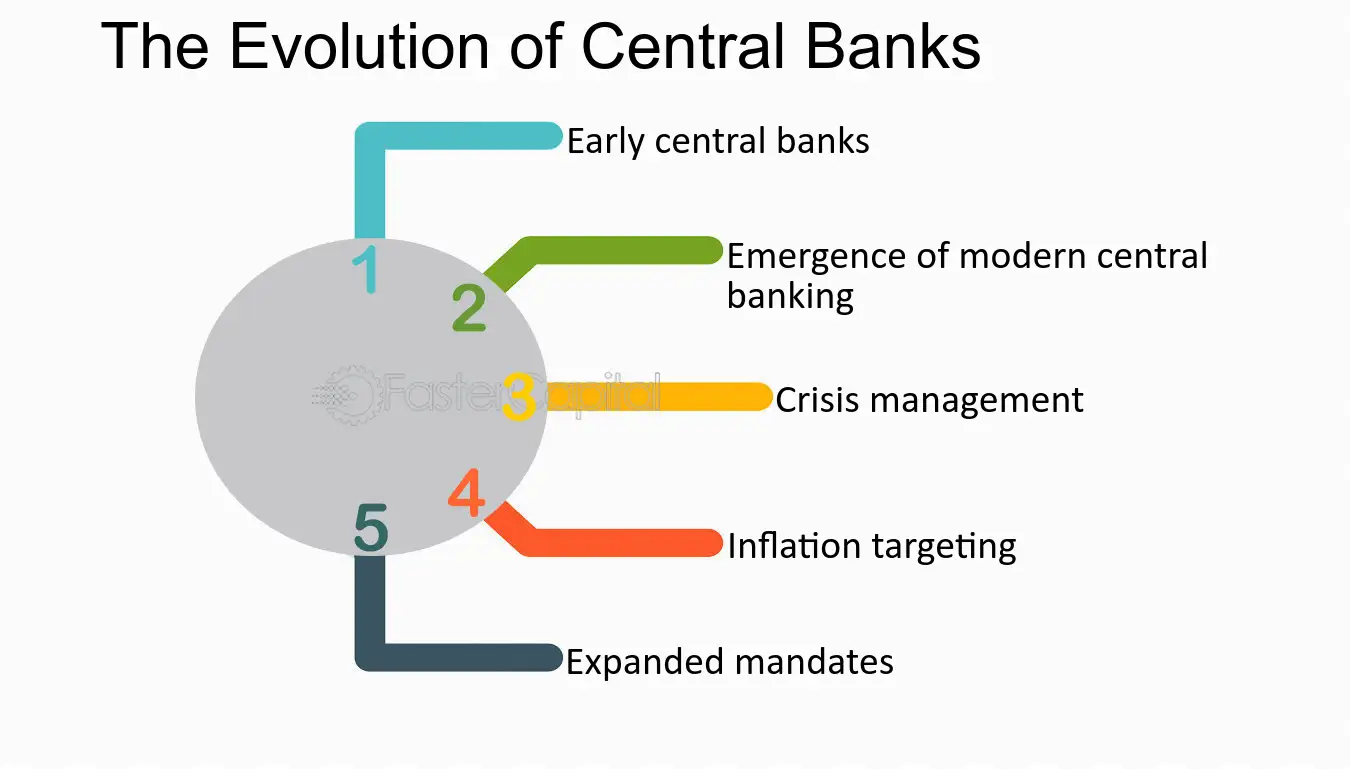Commodity Trading Basics: A Beginner’s Guide to Gold, Oil, and Everyday Resources

18/08/2025
Author: Shaharia
What Are Commodities?
Commodities are raw materials—things like oil, wheat, coffee, and gold. They power industries, feed families, and hold value across centuries. Trading them means participating in the backbone of the global economy.
Unlike stocks, commodities are tangible. You can imagine oil flowing, crops growing, and metals being mined. This human connection makes commodity trading an exciting gateway for new investors.
Why Trade Commodities?
-
Diversification: Commodities often move differently than stocks and bonds.
-
Inflation Hedge: When prices rise, commodities usually hold or increase in value.
-
Global Impact: Political tensions, weather, and supply changes instantly affect commodity prices.
Diversification: Commodities often move differently than stocks and bonds.
Inflation Hedge: When prices rise, commodities usually hold or increase in value.
Global Impact: Political tensions, weather, and supply changes instantly affect commodity prices.
Trading commodities keeps you connected to the pulse of world events. When oil prices rise, industries feel it. When wheat harvests falter, families notice. Your trades are tied directly to human needs.
Types of Commodity Trading
-
Spot Trading: Buying or selling for immediate delivery.
-
Futures Contracts: Agreements to buy or sell at a future date—allowing investors to speculate on price changes.
Spot Trading: Buying or selling for immediate delivery.
Futures Contracts: Agreements to buy or sell at a future date—allowing investors to speculate on price changes.
New investors often start with futures because they offer clear opportunities to profit from price shifts without physically handling goods.
How to Get Started
-
Pick familiar commodities—gold and oil are great starting points.
-
Study supply and demand factors—like harvests, weather, or OPEC decisions.
-
Understand seasonal trends—agriculture, for example, has cycles.
-
Use risk management—commodities can be volatile, so protecting yourself matters.
Pick familiar commodities—gold and oil are great starting points.
Study supply and demand factors—like harvests, weather, or OPEC decisions.
Understand seasonal trends—agriculture, for example, has cycles.
Use risk management—commodities can be volatile, so protecting yourself matters.
The Emotional Connection
Commodity trading isn’t abstract—it’s personal. When you invest in gold, you connect to centuries of human trust in its value. When you trade corn, you’re tied to the farmer’s harvest. This tangible connection makes every price shift feel real.
For new investors, commodities offer both opportunity and responsibility. They invite you to think not just about profit, but about the story each resource tells.



















